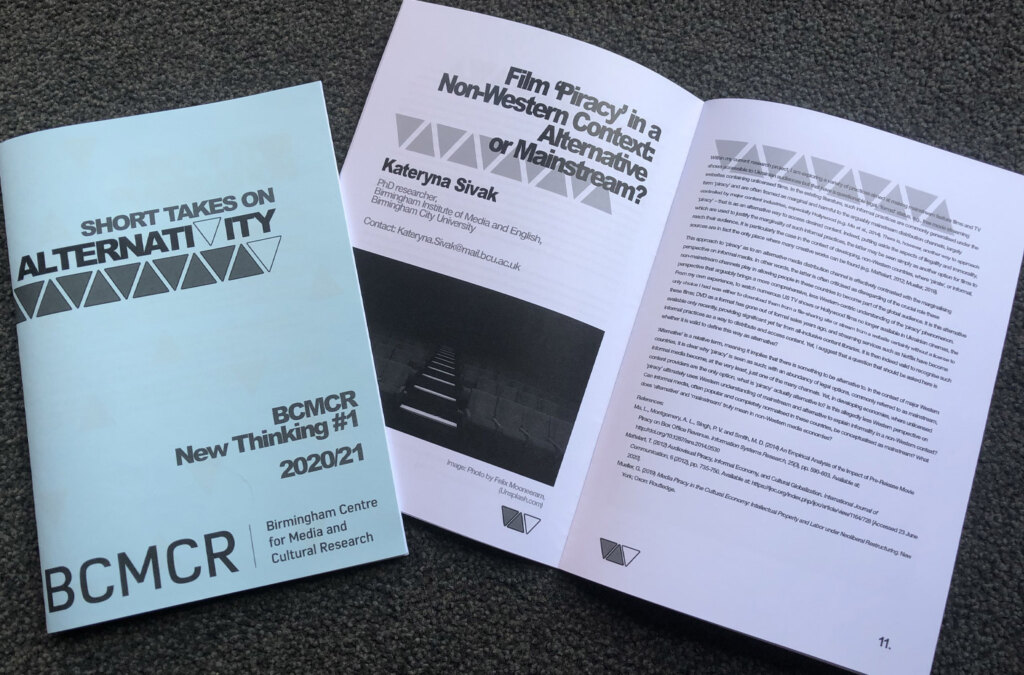arch Inaugural Issue of Makings Journal Released
We are excited to announce the inaugural issue of the Makings Journal, Volume 2, Issue 1.
The journal is the rebranded Creative Industries Cluster Journal (CICJ), which has previously published two issues focusing on cultural ecologies of the creative industries and practices on the margins of the cultural spaces. Although the remit of Makings has remained the same, that is, creative and cultural industries and cultures of production, we hope to broaden our base, reaching out to researchers at all levels and around the world.
The journal is currently edited by Vincent Obia and Kateryna Sivak; two of the Centre’s postgraduate researchers. Contributions to the new issue revolve around ‘Alternativity’, in line with the central theme for BCMCR in 2020/21. The seven articles from researchers across the UK present diverse ways how alternativity as a concept can manifest itself in varying contexts and highlight the significance of the various alternative practices for the creative and cultural industries.
The issue also includes a new addition to the journal, a section which we call Studio, dedicated to the publication of shorter think-pieces, observations, and experimental works in different multimedia formats. As a kick-off, in June 2021, we published the first Studio material – a video podcast that critiques the conditions of toxic/alternative masculinity in Pakistan. You can view the podcast here.
All the articles and the editorial can be found here.
Makings would like to thank all authors for their contributions and reviewers for their time and helpful feedback.
Ideas for the next issue are already underway. In the meantime, please enjoy Makings Volume 2 Issue 1.
